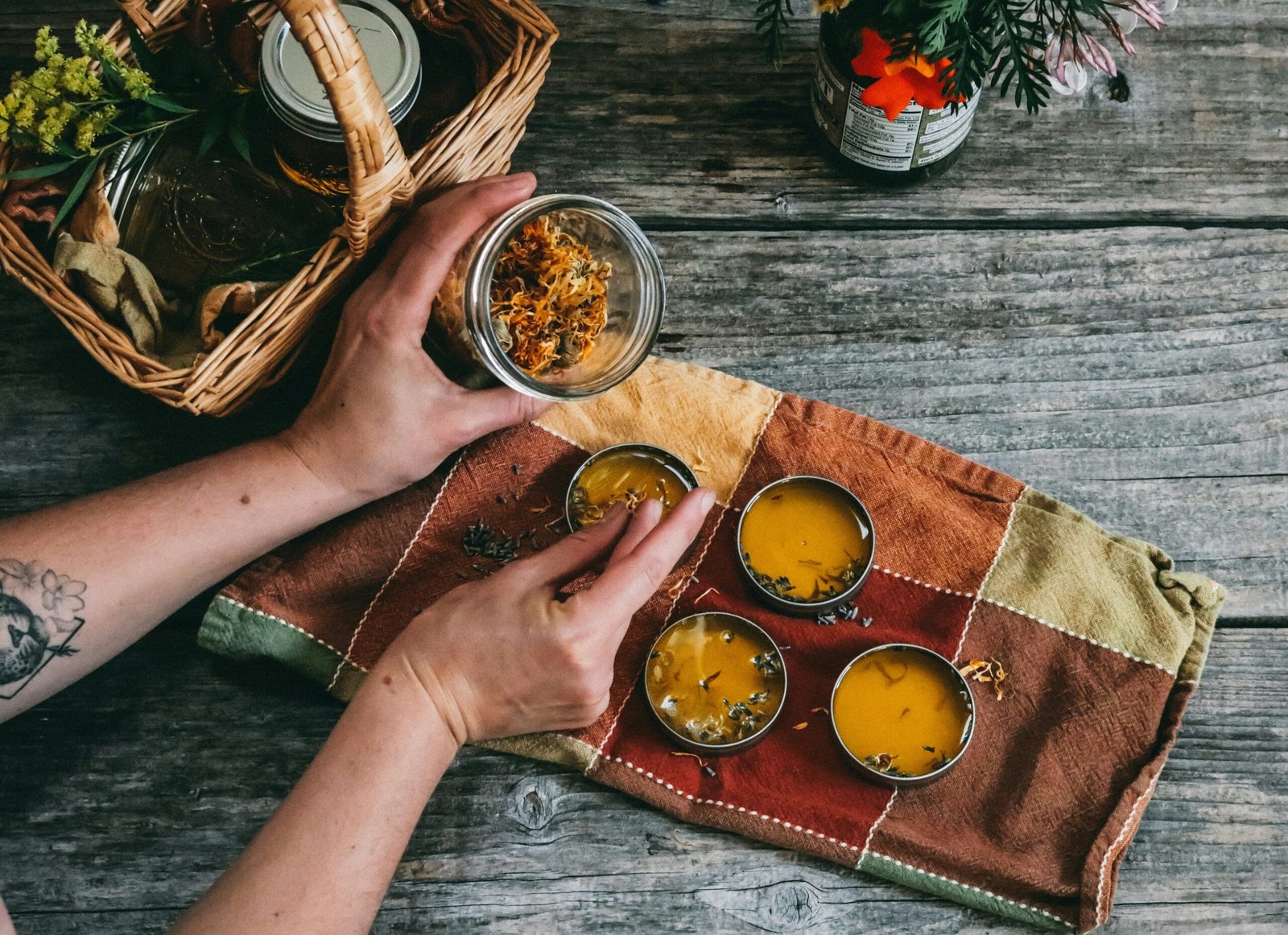The Bountiful Earth: A Source of Life and Healing
The Earth, in its boundless generosity, offers a myriad of herbs and plants that serve as vital resources for both humankind and wildlife. These natural gifts are not merely decorative; they play a significant ecological role that fosters health and wellness across various ecosystems. From ancient civilizations to modern practices, the use of healing herbs has established a profound connection between individuals and the land they inhabit.
Herbs such as echinacea and garlic have long been celebrated for their medicinal properties; echinacea is known for its immune-boosting benefits, while garlic has been used for its antimicrobial effects. These plants can be seen as a lifeline for humans seeking natural remedies. Similarly, wildlife relies on these herbs for sustenance and healing, demonstrating a symbiotic relationship that underscores the importance of biodiversity. The intricate web of life illustrates how all species, including humans, benefit from the harmonious existence of these flora.
Historical anecdotes provide intriguing insights into this connection. Indigenous peoples across continents have long embraced the healing properties of local herbs, from the use of willow bark to alleviate pain to the consumption of various wild greens for nutritional benefits. These practices not only reinforce cultural identities but highlight the inherent value of preserving native plant species. As a living testament to the earth’s bountiful gifts, these traditions also affirm the necessity for sustainability and respect towards nature’s resources.
Moreover, as modern science continues to reveal the nutritional profiles of these herbs, new avenues for their application emerge. Both humans and animals benefit from incorporating such natural remedies into their diets, tapping into the wholesome healing each herb provides. Recognizing Earth as a divine gift propels us toward a more conscious engagement with our environment, ensuring that we honor the connections we share with the plants that sustain life.
Embracing Nature’s Pharmacy: The Impact of Herbs on Well-being
The rich tapestry of nature offers a treasure trove of healing herbs, each contributing uniquely to the well-being of both humanity and wildlife. Historically, various cultures have harnessed these potent plants for their medicinal properties, utilizing them in remedies to treat ailments ranging from minor to severe. Today, research continues to substantiate the efficacy of these herbs, drawing attention to their multifaceted roles in health promotion and disease prevention.
Notable examples include well-known herbs such as chamomile, revered for its calming effects; echinacea, celebrated for its immune-boosting properties; and turmeric, recognized for its anti-inflammatory capabilities. The traditional uses of these herbs often find support in contemporary studies, which highlight their versatility and effectiveness. For instance, chamomile’s role in promoting sleep and relaxation aligns with studies that showcase its sedative qualities. Similarly, turmeric has gained prominence in scientific circles, revealing profound insights into its potential benefits for chronic conditions such as arthritis and heart disease.
The integration of these herbs into our daily lives not only supports individual health but also fosters a deeper connection with the environment. It is crucial, however, to ensure sustainable practices when harvesting these valuable resources. Unsustainable harvesting can lead to the depletion of native plant populations, thereby endangering the delicate ecosystems that rely on them. By adopting ethical sourcing guidelines and supporting local growers, we can preserve these herbs for future generations while maintaining ecological balance.
Ultimately, embracing herbs as a staple in our health routines allows for a more holistic approach to well-being. Beyond the physical benefits, these plants remind us of our innate connection to nature. Through mindful integration of herbs into our lives, we not only enhance our health but also contribute to a more sustainable world, reflecting a harmonious coexistence with all living beings.
